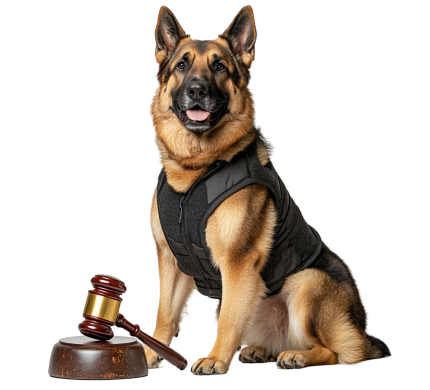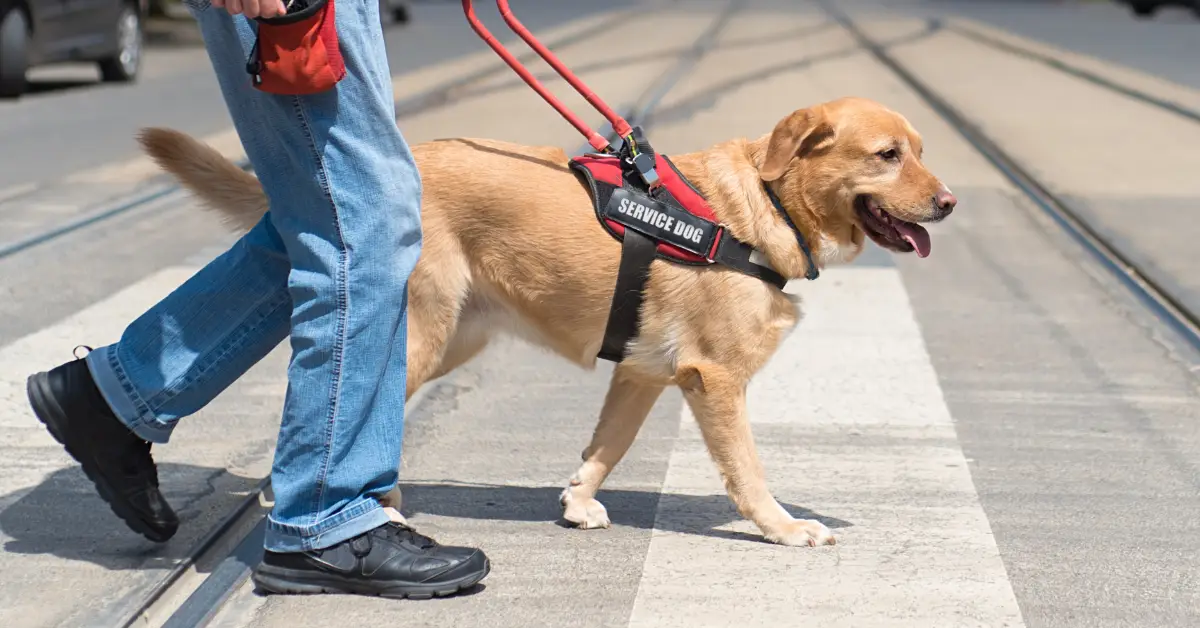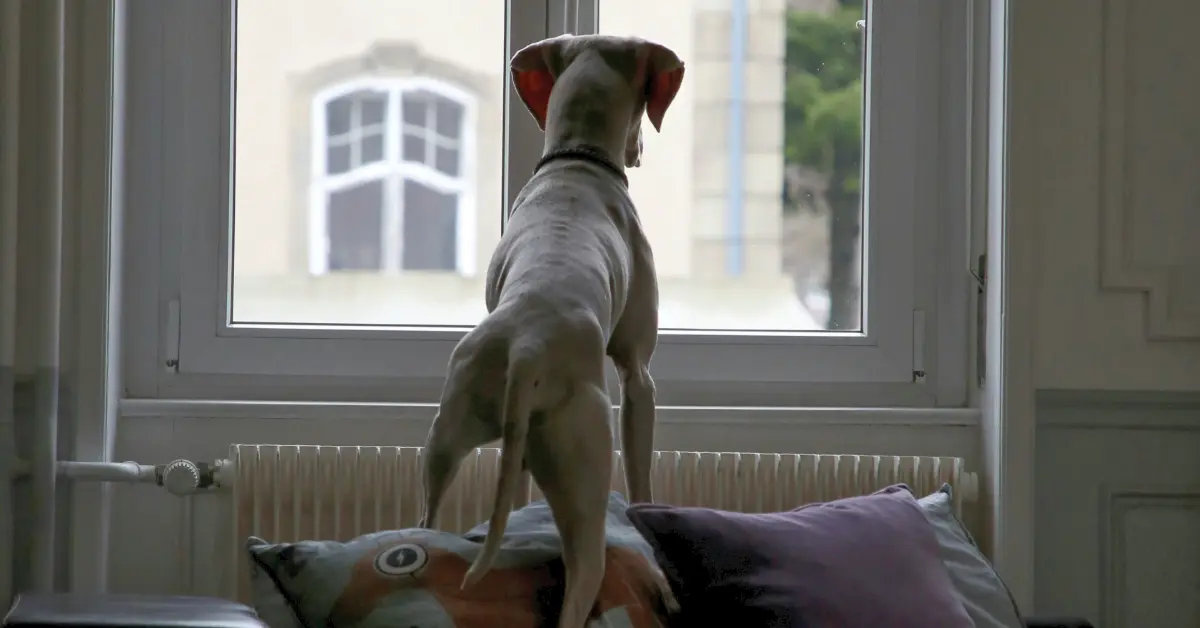All Our Articles on Laws
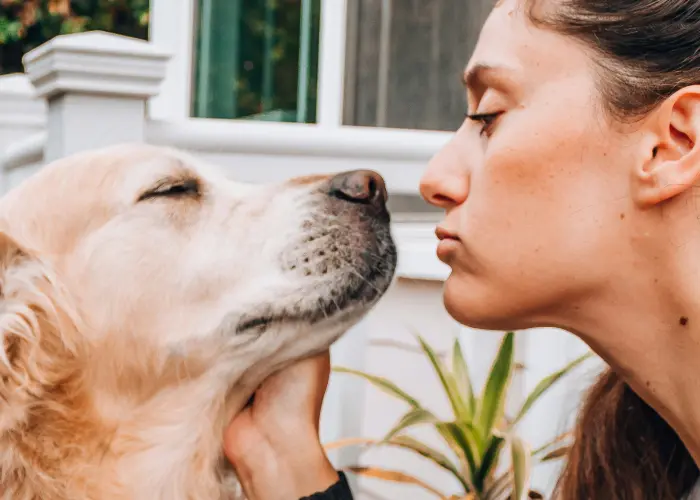
Emotional Support Dog Requirements
Ready to make your dog or pet an emotional support animal? We’re here to remove the confusion from the process so you can learn what... Read more

Service Dog Laws – Know your rights
Do you know what to do and say when you are traveling with your Service Dog? Taking the step to adopt and train a service... Read more
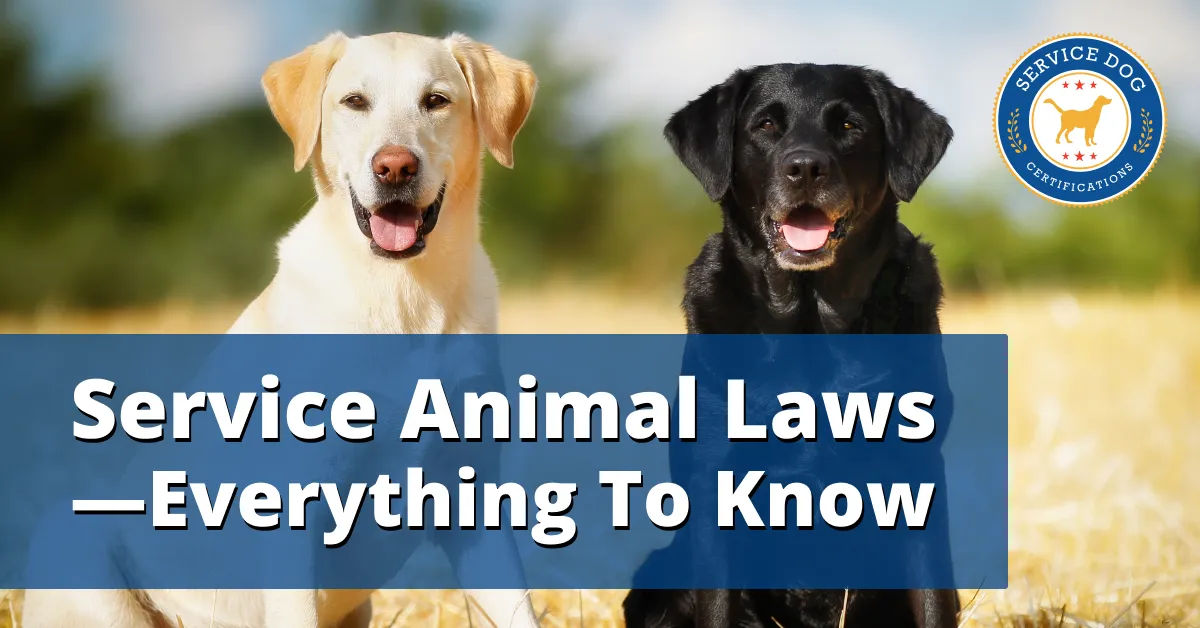
Service Animal Laws
This article was last updated on August 27th, 2025 If you’re in a business, airport, or residential building with your service dog and need to... Read more
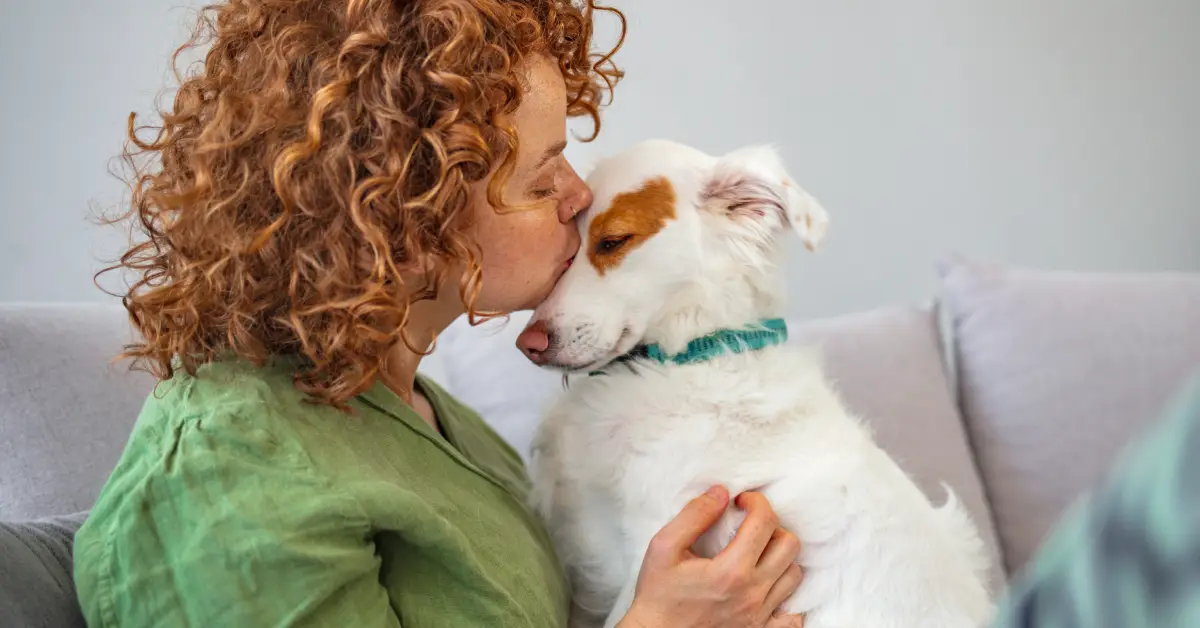
What to Do if Your Landlord Does Not Accept Your Emotional Support Animal
If your landlord has said no to your emotional support animal, there’s no need to panic; HUD’s rules are on your side. In this article... Read more

Service Dog Requirements
The ADA defines a Service Animal as a dog individually trained to perform tasks or do work for the benefit of a person with a... Read more
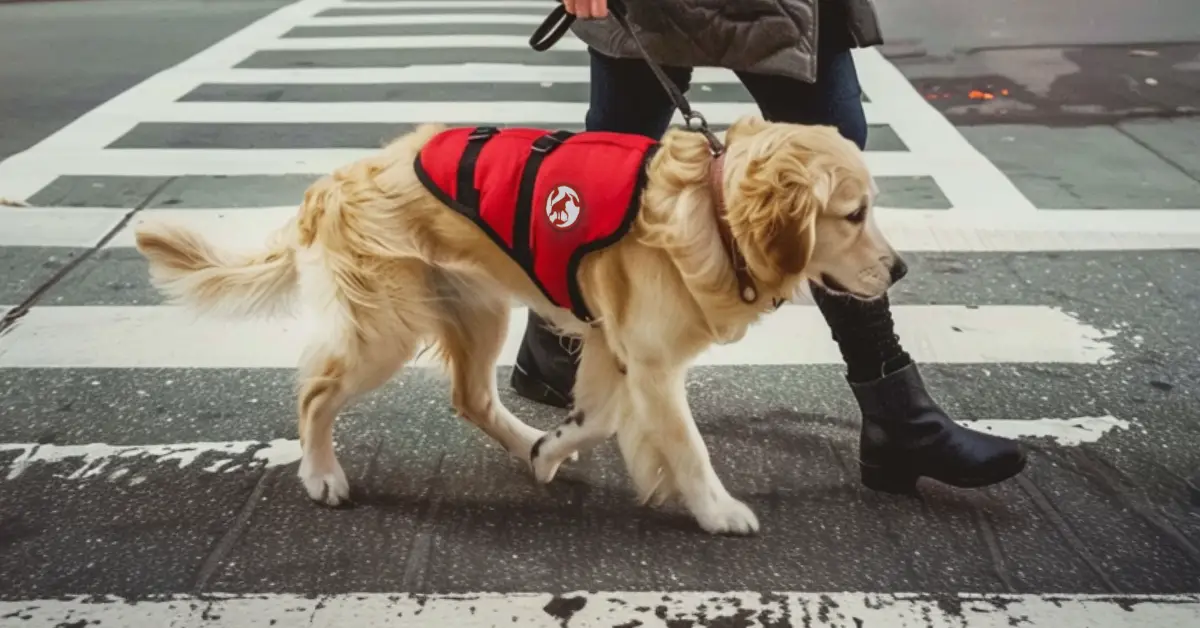
Emotional Support Animal Laws
If you live in any state in the U.S. the Fair Housing Act is a federal law (meaning it applies across the country) that guards... Read more
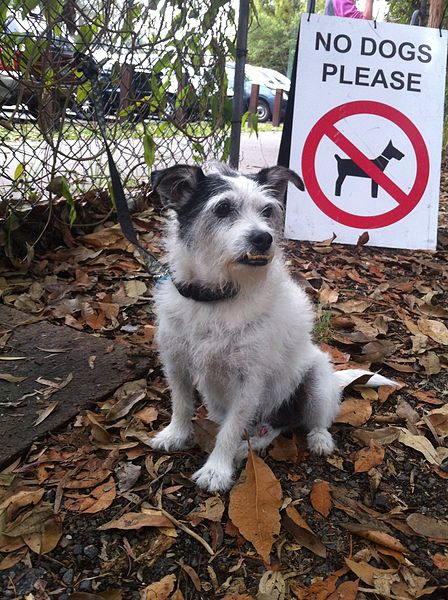
What Should You Do If You Are Discriminated Against Because You Have A Service Dog?
If you believe that you have been discriminated against because of your service dog, you will need to present facts in order to file a complaint.... Read more
